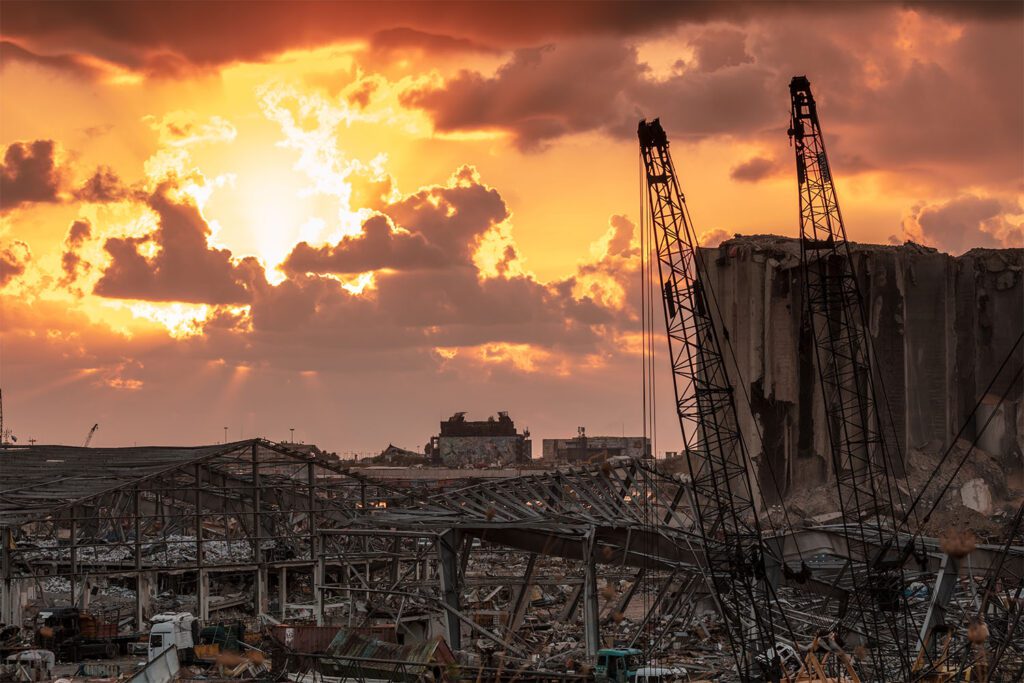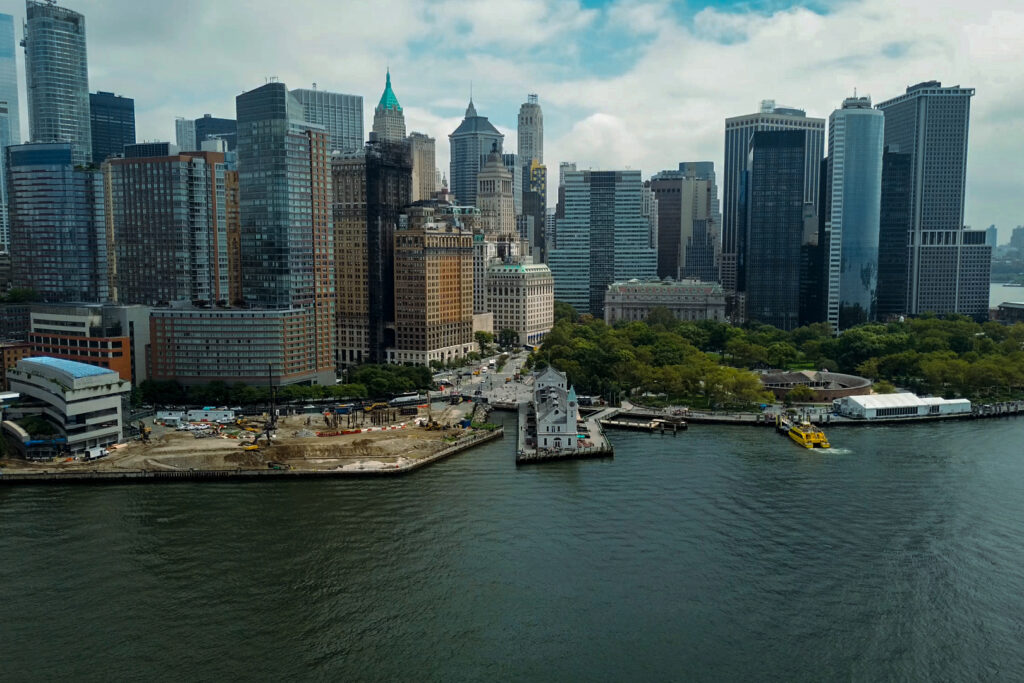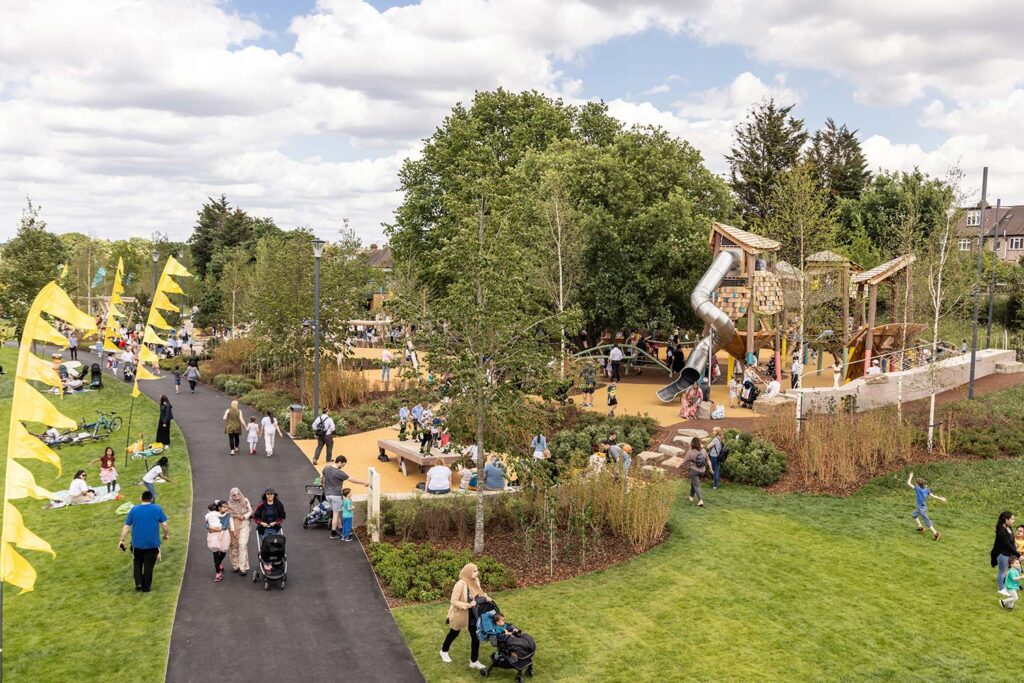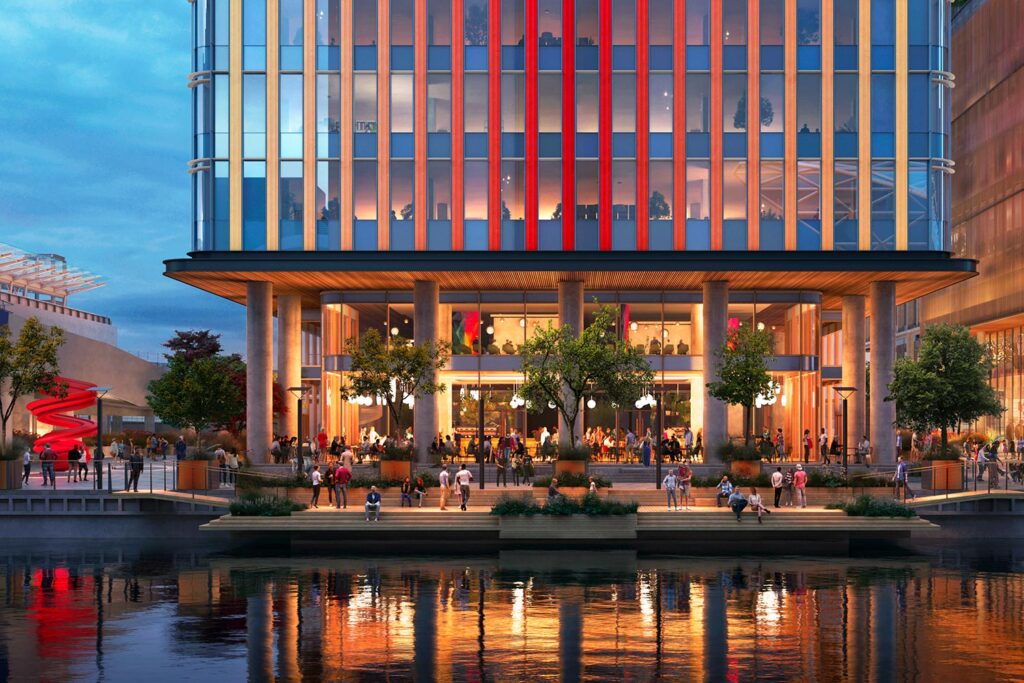
100 Resilient Cities, Strategy Partner Programme
Multiple locations in Central Europe and South East Asia
Project details
Client
Rockefeller Foundation
Duration
2016 – 2019
Services provided by Buro Happold
Economics, Energy consulting, Programme organisation and development, Risk and resilience, Strategic planning, Sustainability, Transport and mobility
100 Resilient Cities (100RC) was a global project funded by the Rockefeller Foundation to stimulate a focus on urban resilience in city governments.
The programme, founded in 2016, created a network of 100 cities, with an aim to provide support to each over a three-year period. The principal aim of this commitment was to implement real projects, policies and programmes that have lasting impact and ensure cities are able to withstand the certain and uncertain challenges of the future.
Buro Happold was appointed to the network as a strategy partner working principally with four cities: Tblisi, Belgrade, Melaka and Jakarta. Our experts were responsible for delivering technical and institutional capacity building, supporting the development and implementation of customised city strategies, and facilitating stakeholder engagement across multiple cities and citizen groups.
Challenge
The world’s urban conurbations are more densely populated and more interconnected than ever before. Extreme weather, refugee crises, disease pandemics, supply chain frailties, cyberattacks – today’s new normal requires models of governance that mitigate risk and respond to evolving challenges.
Acute shocks are sudden, intense events that threaten a community, such as earthquakes, hurricanes, and terrorist attacks. The impact of acute shocks is exacerbated by chronic stresses that weaken the fabric of a community over time, such as recurrent flooding, high unemployment, limited social safety nets, and inequitable public transportation systems.
Urban resilience is the capacity of a city’s systems, businesses, institutions, communities, and individuals to survive, adapt, and grow, no matter what chronic stresses and acute shocks they experience.
The project, which later converted into a resilient cities support network, was focused on placing chief resilience officers into the cities and building a resilience governance framework into each of the participating authorities.
The resilience strategies for the cities serve as roadmaps to build resilience, articulating priorities and identifying initiatives for immediate and long-term implementation. They also trigger action, investment and support within city government and from outside groups.
Our team supported the development of the resilience strategies for a range of cities across Central Europe and South East Asia, ensuring proposed actions were grounded in an holistic understanding of urban resilience that addresses shocks and stresses, alongside a rigorous fact base.

Solution
The current approach to urban governance is often a siloed one, with one team designing disaster recovery plans, another team exploring sustainability issues, another focused on livelihoods and well-being, and yet another on land-use planning and infrastructure. That may be an efficient way to structure the work of a city, but it may not the most effective approach. Cities are systems, not silos. They are made up of people and places, often experiencing rapid change.
By working closely with city officials and studying local institutions and their policies, we were able to determine how initiatives may be integrated across multiple city departments.
Workshops brought together people in significant positions from across individual cities who had often never talked to each other previously. An army general might find himself talking to the head of the social care system, who in turn was speaking for the first time to the leader of a community district and sharing where their vulnerabilities lay. That process quickly helped to build up a new degree of self-knowledge within the governance of the city.
Our experts worked closely with this kind of broad range of partner cities stakeholders from Tbilisi to Jakarta to progress a high-level mapping of all the predictable shocks and stresses that the city faces and importantly, the interrelationship of one to another. We then helped them to framework the mitigations that could be put in place to make the city more robust and recoverable following significant shock events.
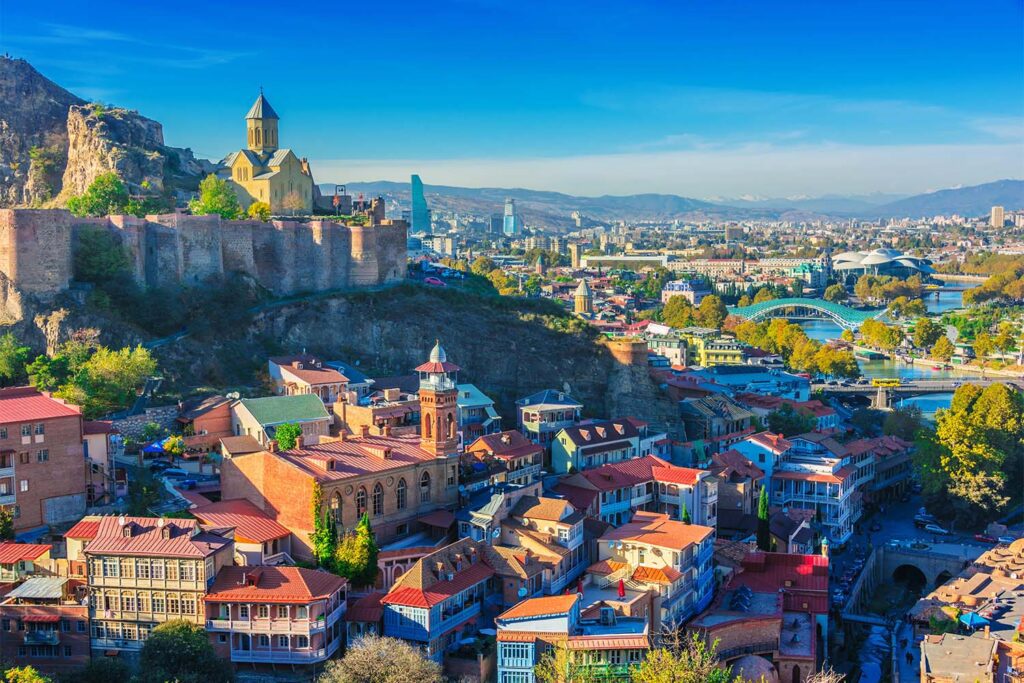
Value
Planning for a more resilient urban future requires tackling challenges and creating solutions in a place-based, integrated, inclusive, risk-aware, and forward-looking manner.
Buro Happold’s expertise in strategic planning, combined with our rich multidisciplinary approach to projects, made us very well placed to bring together and build relationships among broad multistakeholder groups.
By engaging a large number of cities, stakeholders and technical experts in this process, a deep body of knowledge on common resilience challenges was accumulated, contributing to a network that facilitates the exchange of ideas, creates new best practices and, ultimately, advances a global practice of urban resilience.
The ultimate goal is that the programme will have a significant impact on the ability of cities to prepare for and respond to a variety of shocks and stresses in the decades to come.







